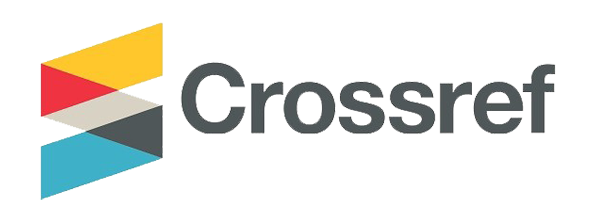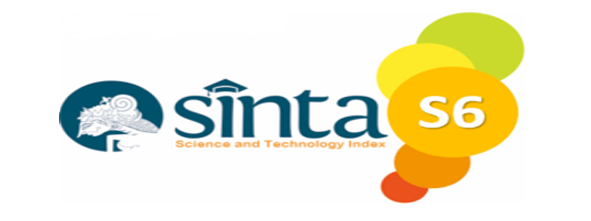Improving Reading Comprehension Skills in Reading
DOI:
https://doi.org/10.51178/invention.v6i2.2564Keywords:
Reading Comprehension, Reading SkillsAbstract
The ability to comprehend reading materials is one of the key components in the learning process, as it directly affects students' mastery of various academic subjects. In the context of English as a Foreign Language (EFL) education, reading comprehension is not only important as a fundamental skill but also serves as a foundation for developing other language skills such as writing, speaking, and listening. However, many students still encounter difficulties in understanding English texts. These problems are often caused by several factors, including limited vocabulary, low motivation and interest in reading, as well as monotonous and unvaried teaching methods.This study aims to describe and analyze effective strategies for improving students’ reading comprehension skills through a literature review using a descriptive qualitative approach. By examining various scholarly sources and previous research, it was found that reading techniques such as skimming (reading quickly to grasp the main idea) and scanning (reading to locate specific information) are proven to be effective in improving reading efficiency. In addition, the application of cognitive and metacognitive strategies such as predicting text content, generating questions before and during reading, summarizing important information, making inferences from context, visualizing text, and monitoring comprehension consciously, have shown significant positive impacts on students’ reading comprehension abilities.Furthermore, the effectiveness of reading strategies is also influenced by both internal and external factors. Internal factors include individual learning styles, interest in reading, and student motivation. Meanwhile, external factors consist of the learning environment, the role of teachers in the classroom, and the teaching methods and media used. The combination of these factors determines the extent to which reading strategies can be optimally applied and produce maximal results. By implementing appropriate and varied reading strategies, students are not only able to understand reading content more deeply but also develop into active, reflective, and critical readers. They become better prepared to engage with different types of texts, both in academic contexts and daily life. Therefore, it is crucial for educators to understand the characteristics and learning needs of their students and integrate various relevant strategies and approaches into their teaching process. Teacher support through innovative and interactive instruction plays a vital role in promoting students’ academic success, particularly in reading comprehension skills.
Downloads
Published
Issue
Section
License
Copyright (c) 2025 Jihan Suhaila, Salzabil Meila Rihadatul Aisyah, Eka Bima Khairani Harahap, Yani Lubis

This work is licensed under a Creative Commons Attribution-ShareAlike 4.0 International License.











